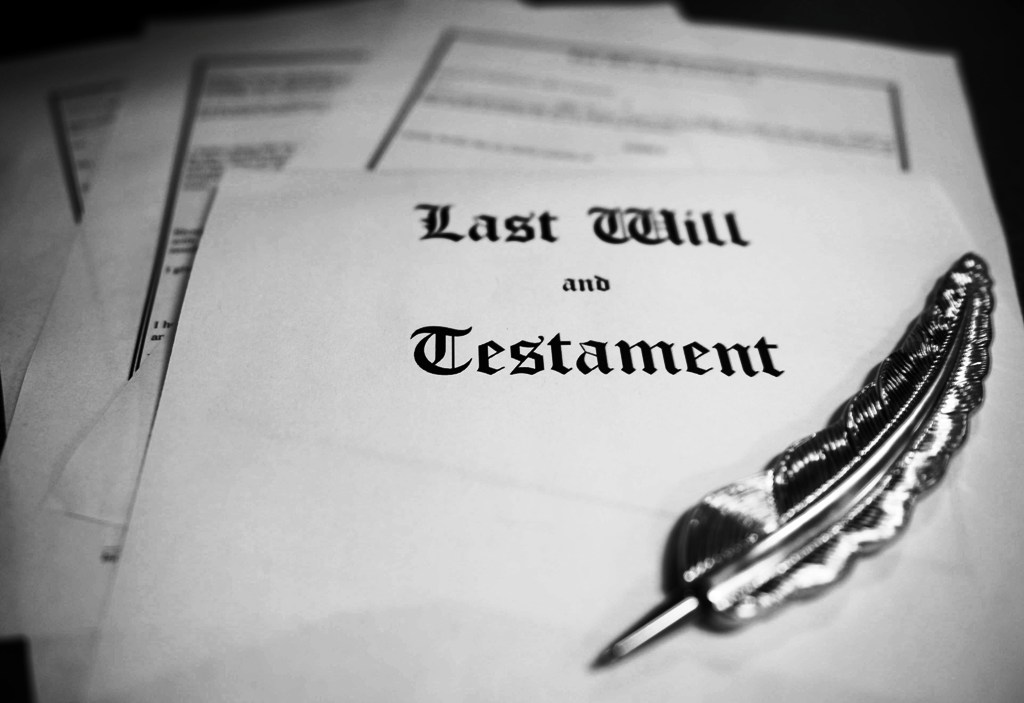This post is a continuation of Will: Anticipating Your Succession (Part 1). Lately, we have gone through the following: – Will: anticipating one’s succession – Why make a will? – The authentic will – Other forms of will We will now cover: – Will: instructions for use – A will with…
A will allows you to dispose of your assets during your lifetime to a beneficiary of your choice. When a person dies, the question of his inheritance arises: what happens to his assets and who inherits? It all depends because there are different cases: – legal transmission: when no provision…
Summary Step 1: Determine if a notary is required Step 2: Search for beneficiaries Step 3: Search for creditors Step 4: Obtain a Certificate of Heredity and Death Step 5: Take the certificates to the deceased’s bank Step 6: Report the estate received It is possible to open an estate…
Most people should have a will. Wills can distribute your property, name an executor, name guardians for children, forgive debts and more. Having a will also means that you, rather than your state’s laws, decide who gets your property when you die. In most cases, wills are typewritten legal documents…
Summary Step 1: Evaluate the companyStep 2: Choose between temporary or lifetime dismembermentStep 3: Don’t harm other heirs in reserveStep 4: Consult a notary An entrepreneur has the option of starting to transfer his business during his lifetime, by way of bare ownership donation. He can thus retain the usufruct…





